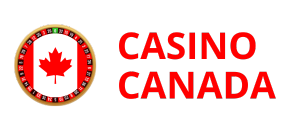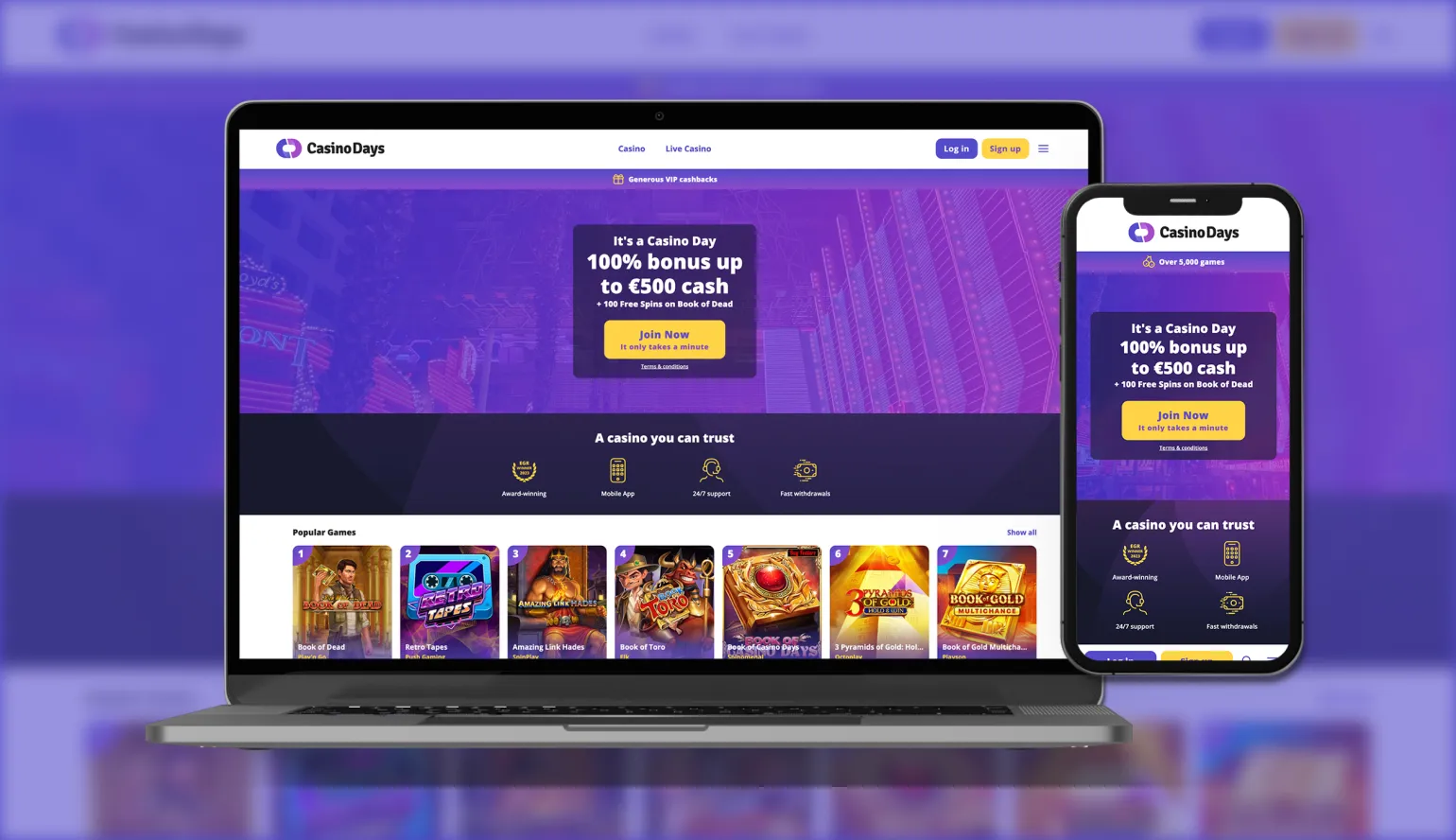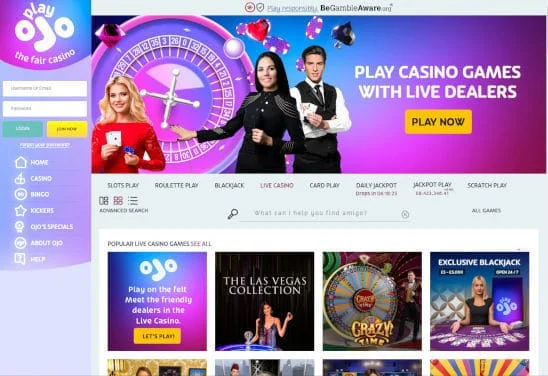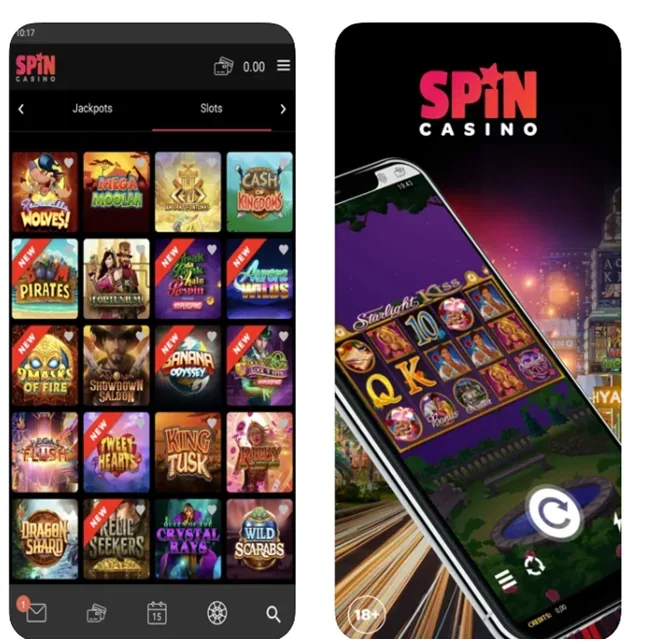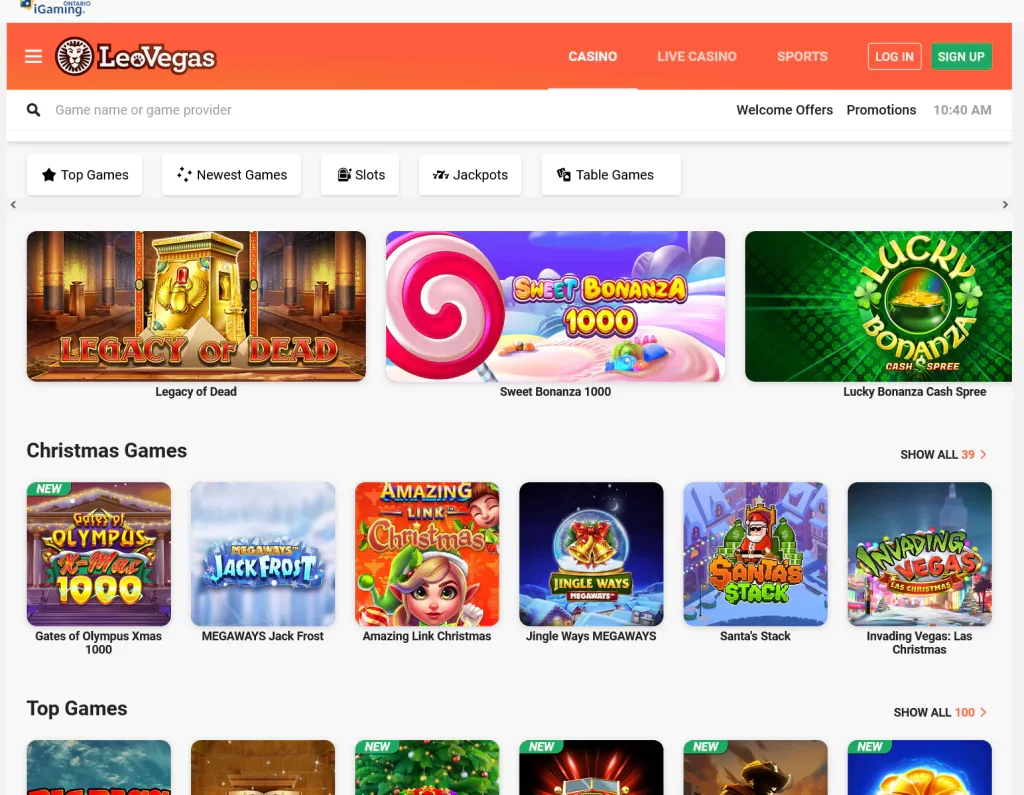Is Online Gambling Legal in Canada?
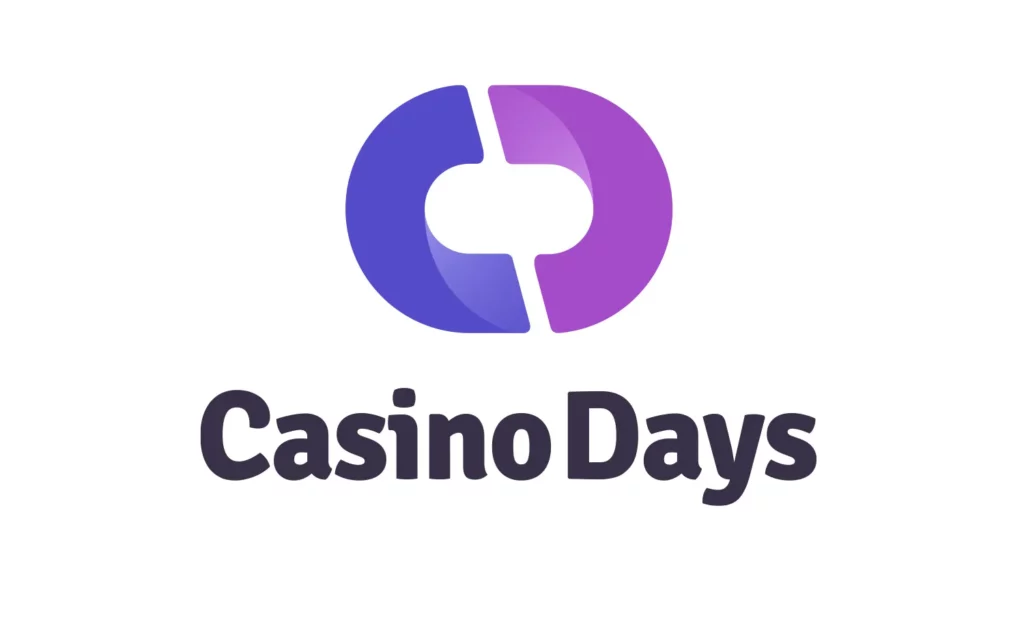
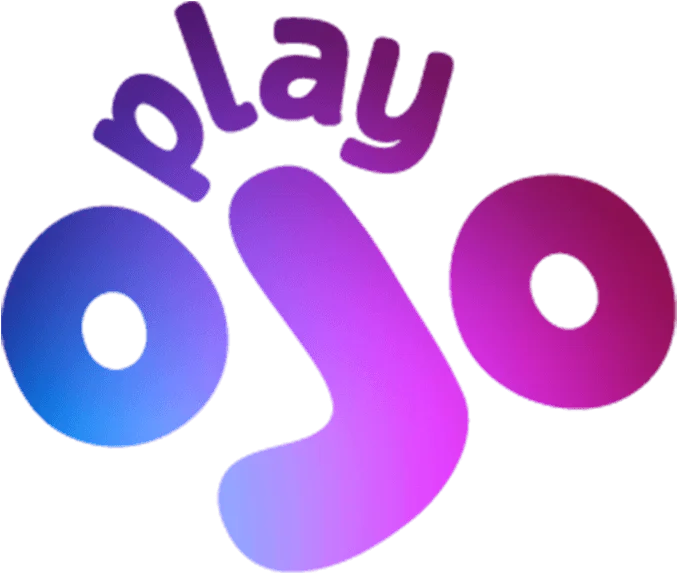
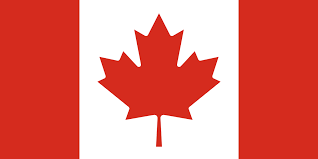
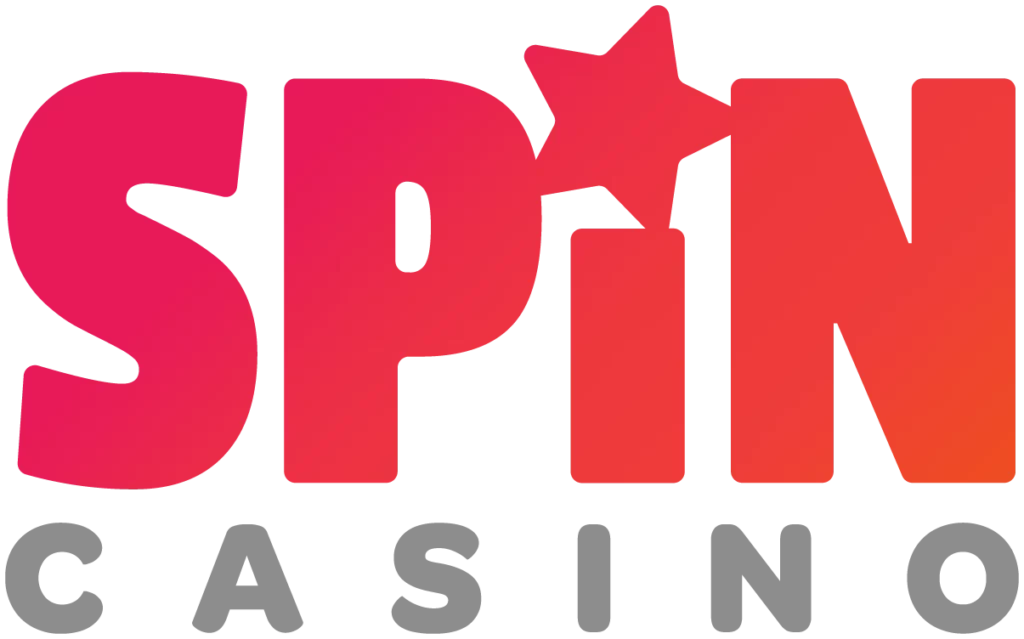
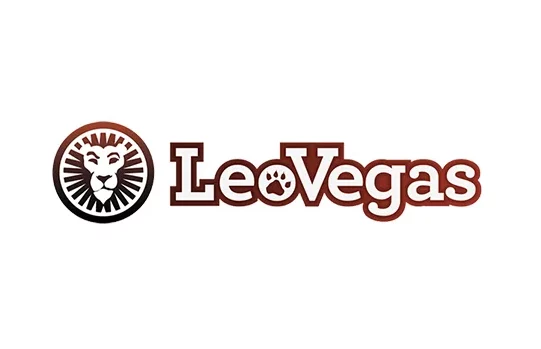


Top Online Casinos for Canada Players 2025



Licensing Authorities – Who Regulates Online Casinos?
When you scroll to the footer of any reputable casino, you should see at least one of four regulator logos. Their names hold legal weight for Canadian players because they determine everything from payout speed to dispute resolution.
Kahnawake Gaming Commission (KGC)
Founded in 1996, the KGC oversees more than 50 online casino, poker and sportsbook operators that host servers inside the Mohawk Territory of Kahnawà:ke, just south of Montréal. The Commission issues “Interactive Gaming Licences” to platform providers and “Client Provider Authorisations” to individual brands.
- Why it matters to Canadians: Kahnawà:ke is on Canadian soil, yet its licensing standards equal or exceed those of leading offshore regimes. All RNGs must be certified by an independent lab, jackpot funds are segregated, and players get a simple 30-day arbitration window for complaints.
- 2025 focus: A July 2025 circular confirmed that licensees must integrate third-party harm-minimisation APIs by Q4 2025—mirroring Ontario’s push for real-time behavioural tracking.
Malta Gaming Authority (MGA)
Europe’s gold-standard gaming licence remains the most common offshore badge at Canadian-facing casinos. Operators undergo rigorous fit-and-proper checks, annual financial audits, and mandatory participation in the MGA’s Alternative Dispute Resolution (ADR) scheme.
- Player perks: Disputes escalated to the MGA’s Player Support Unit usually resolve within 21 days, and the Authority publishes monthly enforcement bulletins, naming operators that fail to pay winnings or protect data.
- Canadian relevance: MGA rules compel sites to store player balances in a “ring-fenced” account—critical peace of mind when wagering CAD via Interac.
Curaçao eGaming
Curaçao’s National Ordinance on Offshore Games of Chance dates to 1996 and offers a lighter, cheaper licence than Malta or Kahnawà:ke. While historically criticised for laissez-faire oversight, the jurisdiction began a sweeping reform in 2023–24:
- establishing an autonomous Gambling Authority,
- mandating local bank accounts for prize pools, and
- introducing fit-and-proper tests similar to those in Malta.
For Canadians this means 2025-issued Curaçao licences now look significantly more credible than the “rubber stamps” of old.
UK Gambling Commission (UKGC)
Though designed for British consumers, the UKGC’s rule-book exerts global influence. Any casino with a UKGC licence must:
- verify ID before first deposit,
- segregate operational funds from player balances, and
submit monthly Return-to-Player (RTP) data for each game.
If a Canadian-facing casino displays both UKGC and MGA badges, you can be confident it meets the strictest compliance thresholds in the industry.
What Makes a Reliable Provider?
Regardless of jurisdiction, good regulators enforce the same pillars:
- Financial Stability – proof of liquid reserves to honour jackpots and withdrawals.
- Independent RNG Audits – certifications from labs like eCOGRA or GLI to guarantee fair results.
- Player-fund segregation – ring-fenced accounts that keep your balance safe if an operator goes bust.
- Transparent Dispute Paths – clear timelines and escalation procedures.
Kahnawà:ke, MGA, UKGC and (increasingly) Curaçao all tick these boxes; the difference lies in licence cost, ongoing fees, and reporting cadence.
Game Variety & Mobile Optimization
A licence alone does not guarantee a satisfying experience. Leading regulators also vet software suppliers—Pragmatic Play, Evolution, Microgaming, NetEnt—ensuring:
- HTML5 builds that auto-scale to 5-inch Android screens or 13-inch iPad Pros.
- Bandwidth-light assets (sub-3 MB per slot) so rural LTE users in Northern Ontario don’t wait thirty seconds for a reel set.
- Live-dealer latency below 300 ms round-trip, achieved via regional streaming hubs (Evolution uses AWS edge nodes in Toronto).
MGA and UKGC even require slot providers to embed reality-check timers and loss limits at API level, features Ontario imported into its own standards in 2025.
Security, Licensing & RNG Audits
- TLS 1.3 encryption is now non-negotiable; any footer still using TLS 1.2 is a red flag.
- On-chain proofs: Microgaming’s WowPot! network publishes SHA-256 hashes of every jackpot contribution to the Polygon blockchain so players can verify liquidity.
- Real-time monitoring: AGCO standards 2.10 and 2.11 force Ontario-licensed casinos to feed betting patterns into a behavioural-analytics engine capable of flagging high-risk play before it spirals.
Is It Safe to Gamble Online in Canada?
Short answer: yes—if you pick a site that is properly licensed and independently audited. Canada’s Criminal Code allows each province or territory to “conduct and manage” gambling inside its borders, but it does not criminalise Canadians who choose to play on internationally licensed casinos. The result is a mixed market:
- Provincial portals such as PlayAlberta or PlayOLG are run directly by crown agencies.
- Private-sector platforms operate legally in Ontario under an Alcohol & Gaming Commission of Ontario (AGCO) / iGaming Ontario (iGO) licence. In June 2025 the AGCO began enforcing real-time behavioural-monitoring rules (Standards 2.10 & 2.11) to flag high-risk play before harm occurs.
- International casinos—typically licensed in Kahnawake, Malta or Curaçao—accept players from every province except Ontario, where geo-fencing blocks them.
Because winnings are tax-free for non-professional players and no federal statute penalises offshore play, Canadians can wager at these sites without legal exposure. But safety hinges on four pillars:
- Reputable licensing. Look for logos from Kahnawake, the Malta Gaming Authority (MGA), the revamped Curaçao Gaming Authority or the UK Gambling Commission (UKGC). Each body mandates annual financial audits, segregated player balances and independent RNG testing.
- Technical security. Modern casinos use TLS 1.3 encryption end-to-end. Studios like Microgaming even hash every progressive-jackpot contribution to the Polygon blockchain, so liquidity can be verified in public.
- Responsible-gambling tooling. AGCO’s 2025 standards require real-time analytics; Kahnawà:ke ordered all licensees to integrate third-party harm-minimisation APIs by Q4 2025.
- Fast, traceable payments. Interac e-Transfer settles in minutes and leaves a banking audit trail; crypto withdrawals on USDC or BTC clear in under an hour at the fastest sites.
When you combine those safeguards with independent testing labs (eCOGRA, GLI), online gambling at a vetted Canadian-facing casino is statistically as safe as any other e-commerce transaction—and far safer than handing cash across an unregulated poker table.
How to Spot Legal vs. Rogue Casinos
Even in 2025, fly-by-night operators still pop up, armed with cloned websites and fake certificates. Industry watchdogs outline a consistent checklist of red flags:
| ✅ Legal Casino Traits | 🚫 Rogue Casino Red Flags |
| Displays a clickable licence number that resolves to an official regulator’s database (KGC, MGA, Curaçao 2025-issue, UKGC). | Shows a low-resolution logo or “Master Licence 8048/JAZ” with no sub-licence—common counterfeit. |
| Publishes RTP certificates from eCOGRA, iTechLabs or GLI with issue dates inside the last 12 months. | No audit seal, or PDFs that don’t match the games on offer. |
| Uses TLS 1.3 (padlock icon → certificate details) and loads over HTTPS only. | Mixes secure and non-secure (HTTP) assets; browser throws “Not fully secure” warnings. |
| Offers Interac, Visa/Mastercard and at least one e-wallet—all processed through reputable PSPs. | Crypto-only cashier that changes wallet addresses every session—classic laundering tactic. |
| Lists full corporate address, phone line and 24/7 live chat; support answers licence questions on request. | Only a web form or Gmail address; support dodges compliance queries and pushes “bonus upgrades.” |
| Clear T&Cs: wagering requirements, maximum withdrawals, bonus expiry all in one table. | Hidden clauses like 70× wagering or C$500 withdrawal fees buried in fine print. |
Step-by-Step Verification
- Click the licence badge. A legitimate MGA or KGC badge opens the regulator’s site with the operator’s legal entity name and licence status. Static images are suspect.
- Run the URL through WHOIS. Look for domain age; anything registered in the past few weeks bears scrutiny.
- Search the regulator’s enforcement bulletins. The MGA and UKGC publish monthly lists of suspended or fined operators.
- Test live chat. Ask “What’s your maximum single-day Interac withdrawal?” A trained agent will answer instantly and reference the cashier policy; a rogue site will stall or deflect.
- Google the casino name + ‘complaint.’ Multiple unresolved payout threads on forums or Reddit signal risk. Benzinga’s 2025 guide highlights fake licence claims and stonewalled withdrawals among the top eight warning signs.
- Check responsible-gaming tools. Legal sites embed reality-check timers and deposit caps; rogues rarely bother.
Extra Caution for Ontario Players
Because Ontario enforces geo-blocking, any site that lets an Ontario IP complete registration without an iGO badge is violating local law. A 2025 GlobeNewswire alert lists Boho Casino and other unlicensed brands that slipped through outdated IP filters—avoid them.
